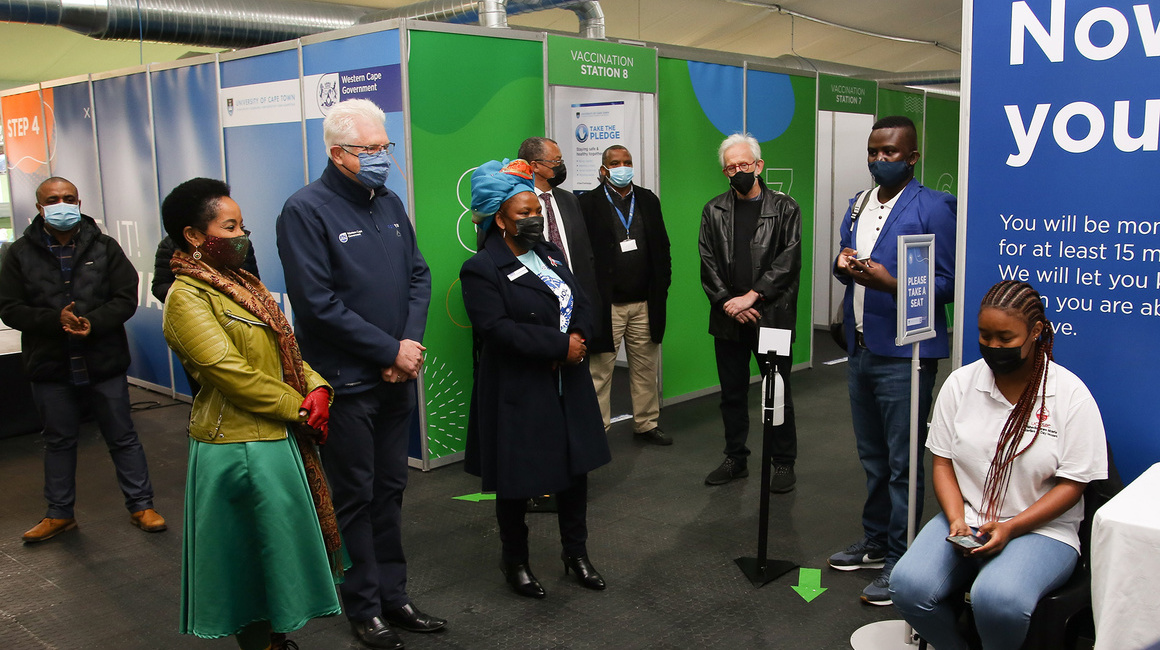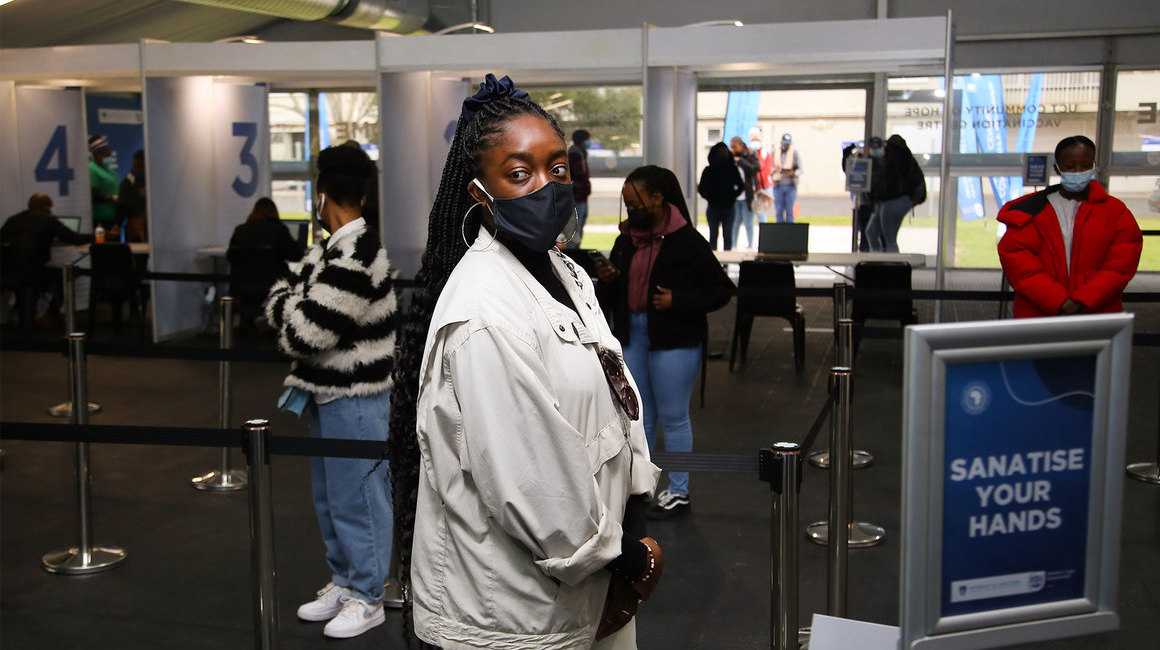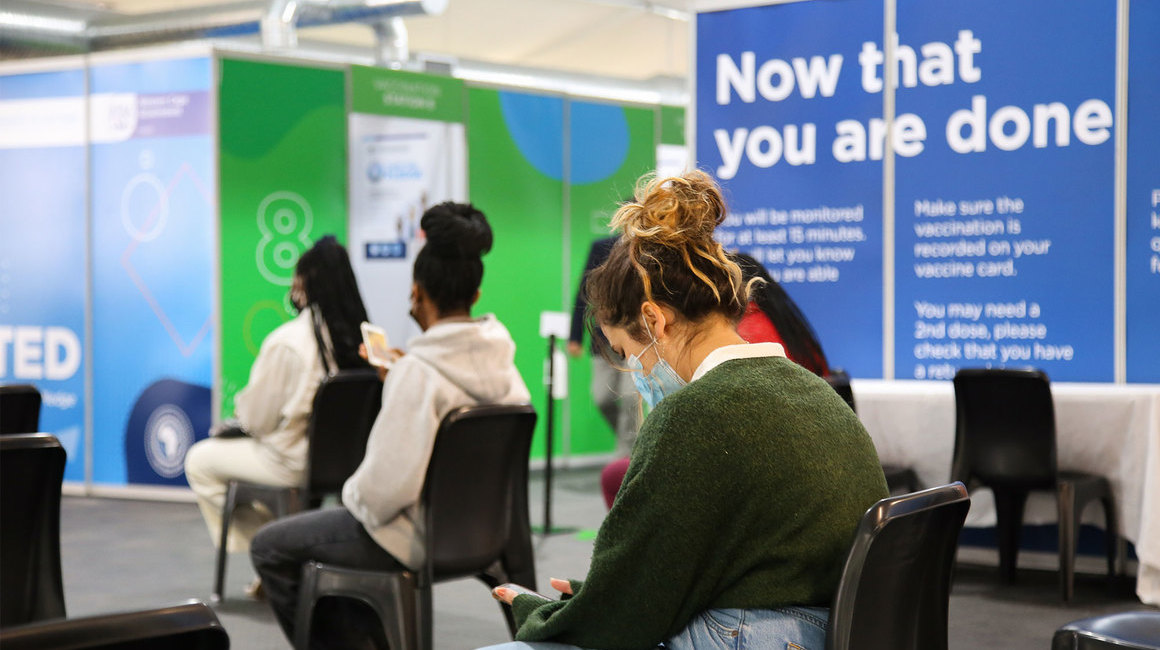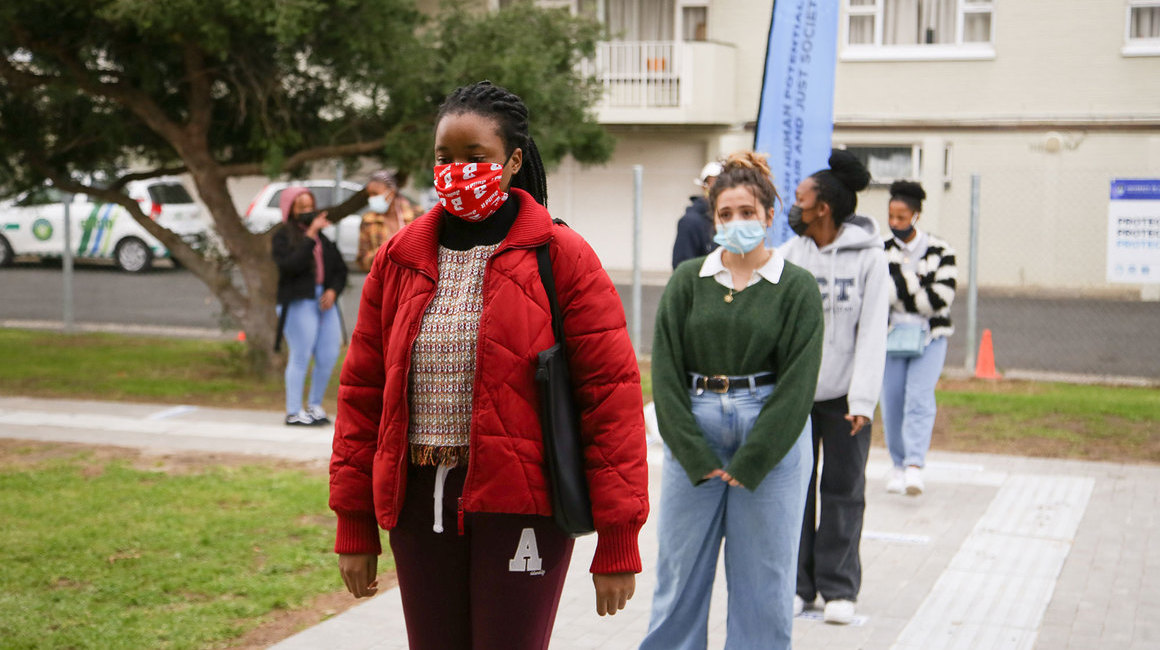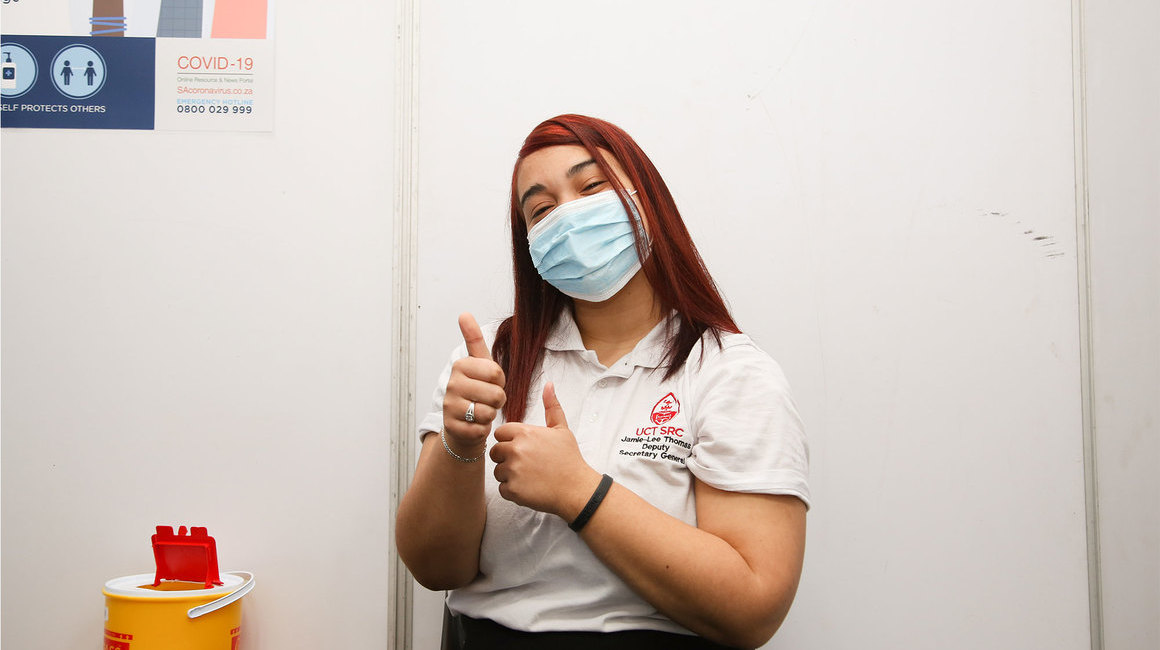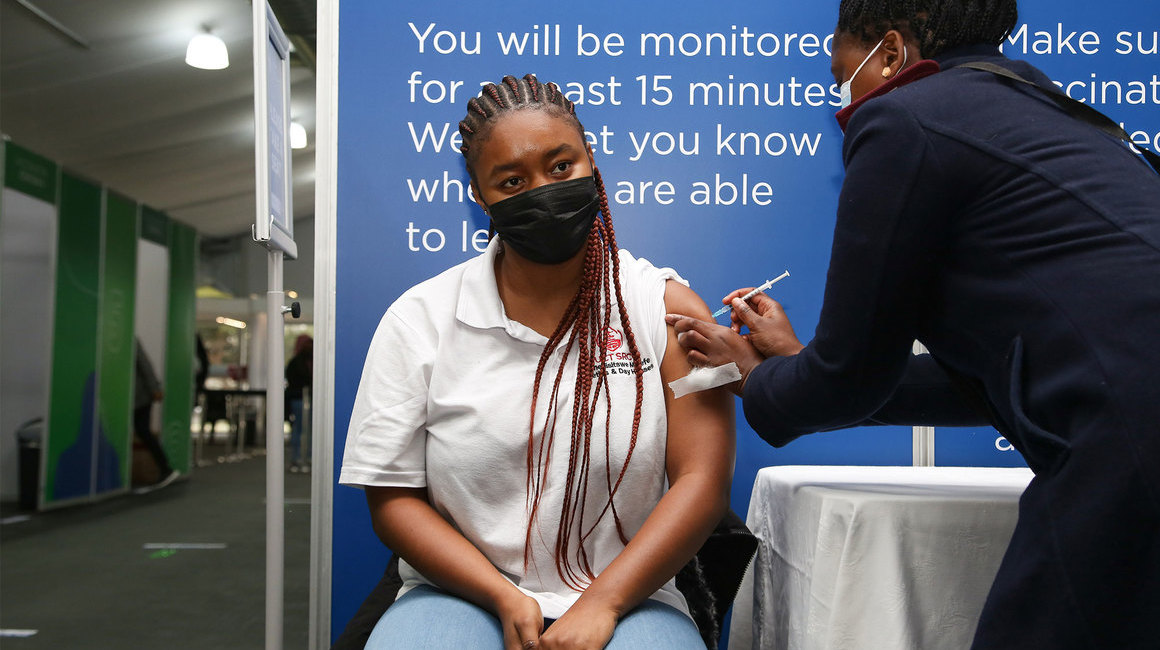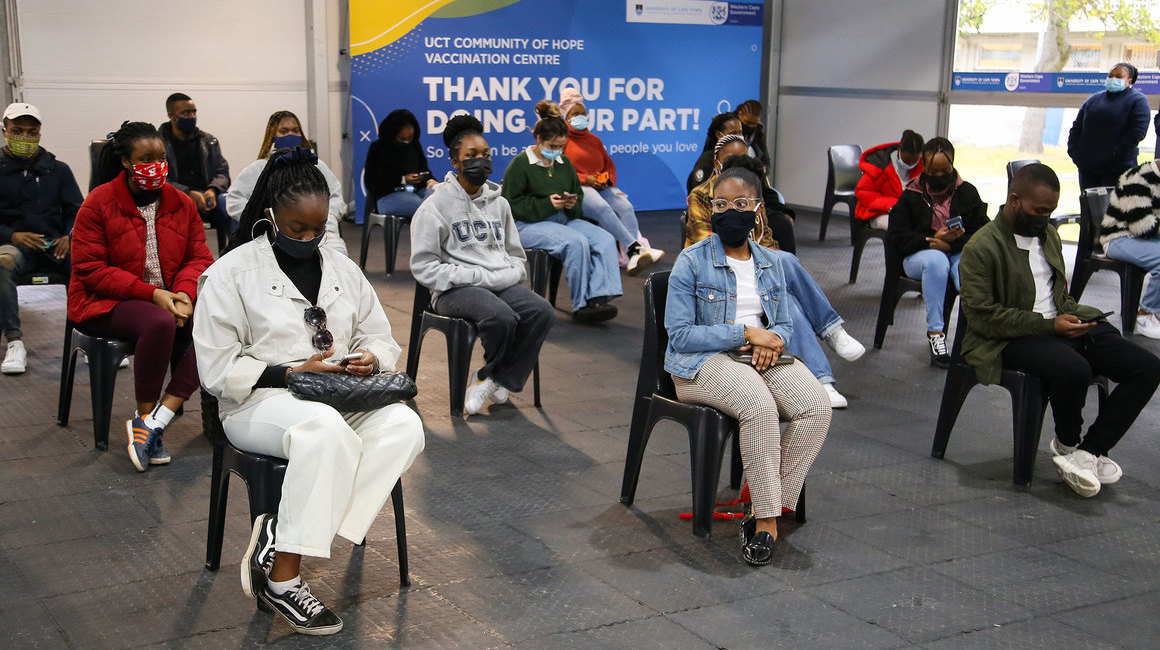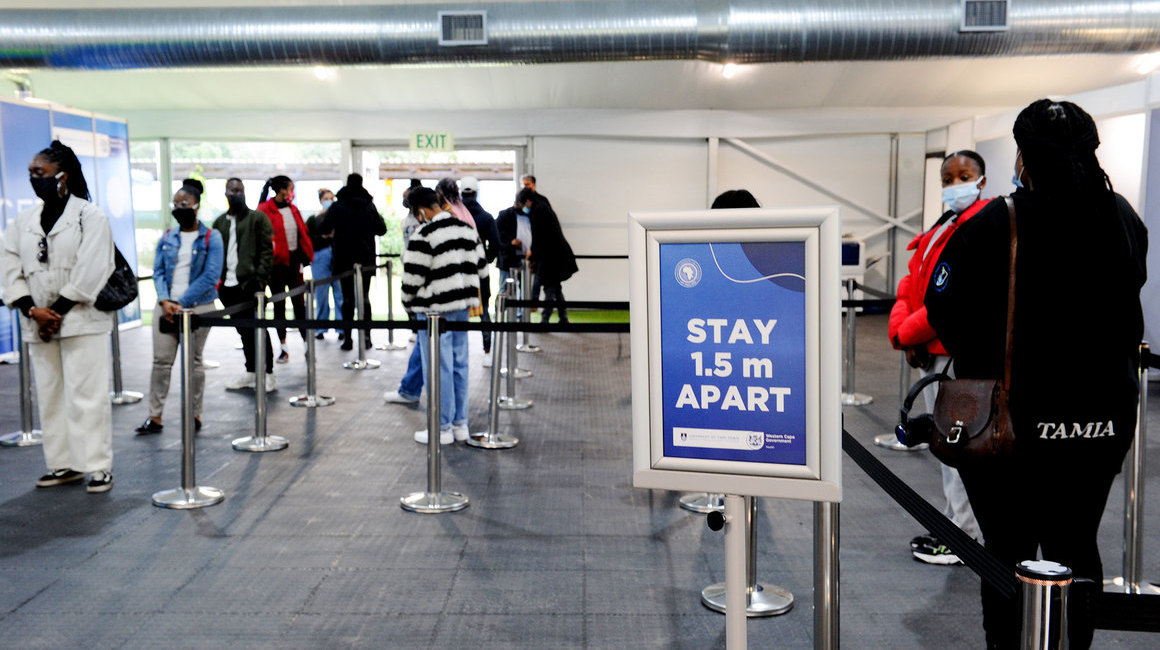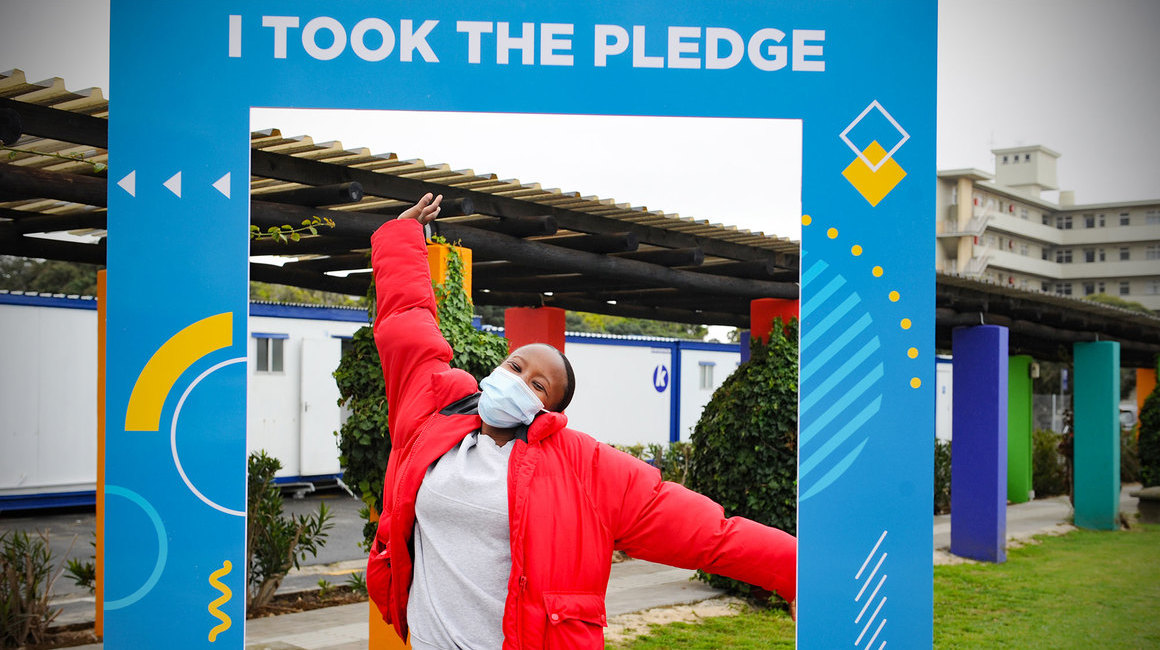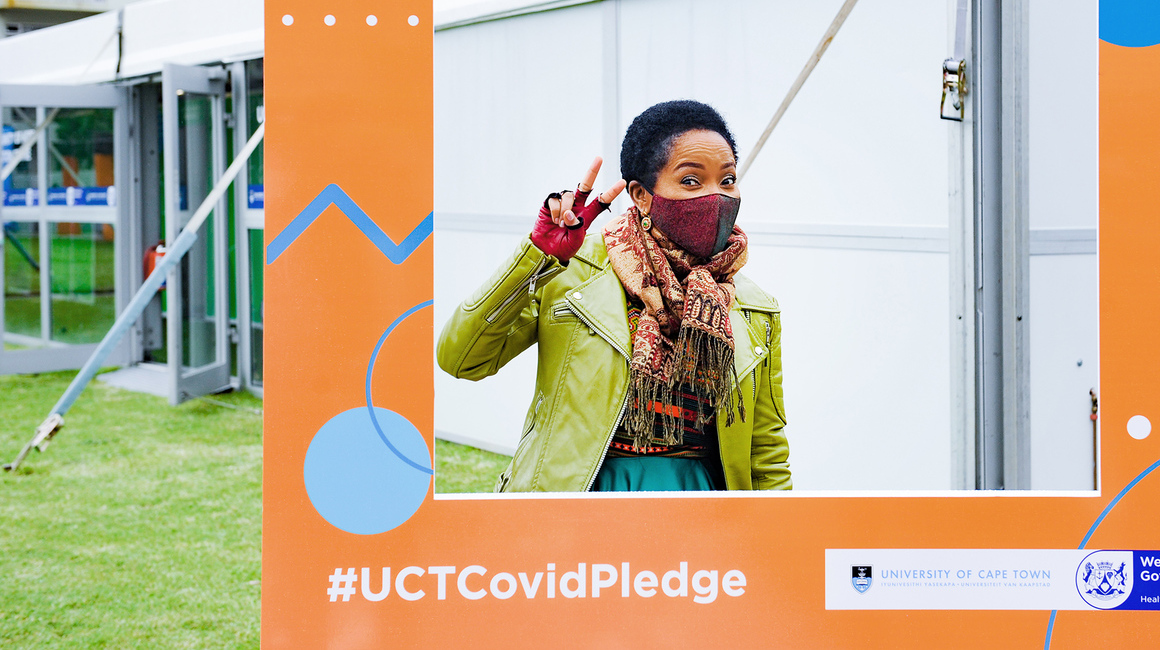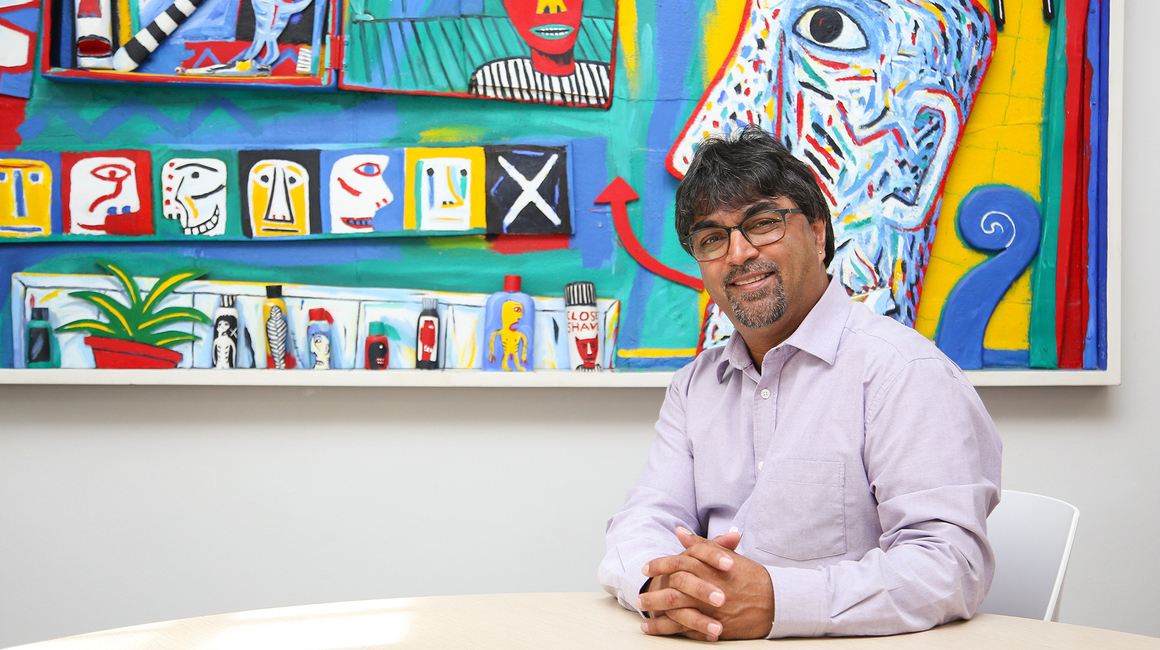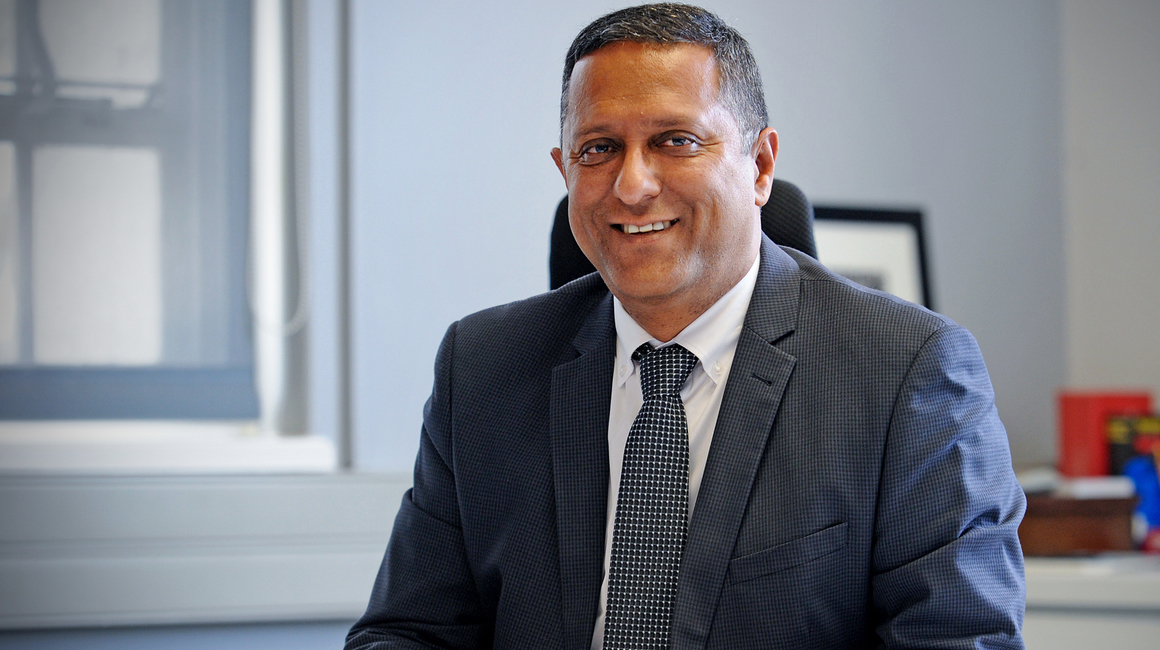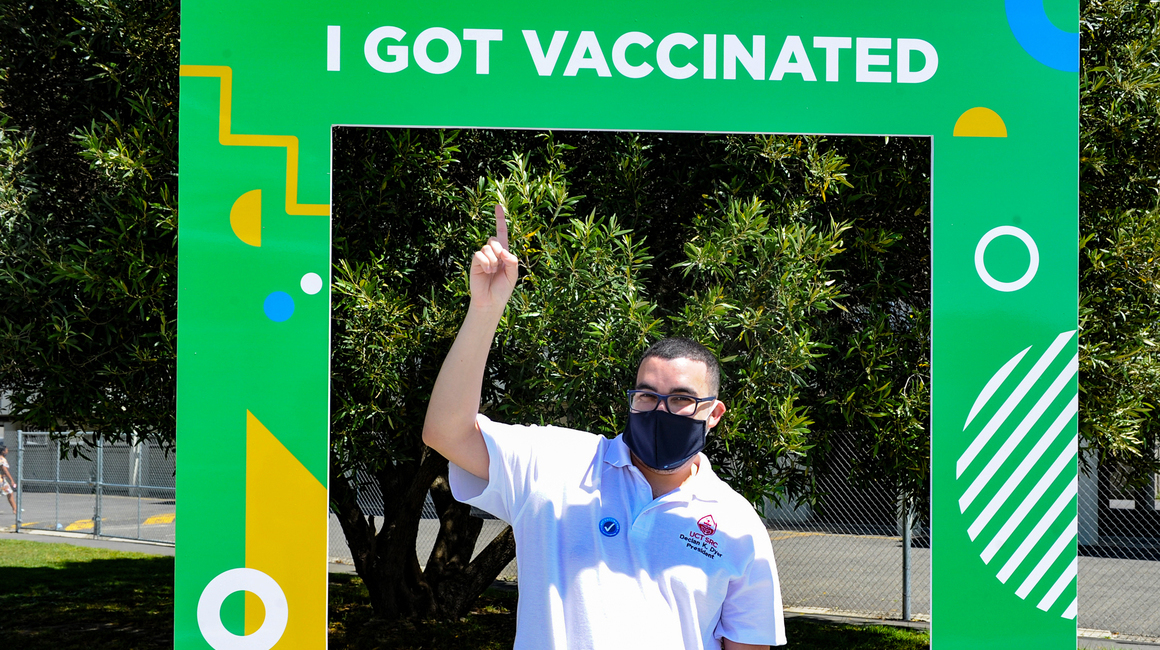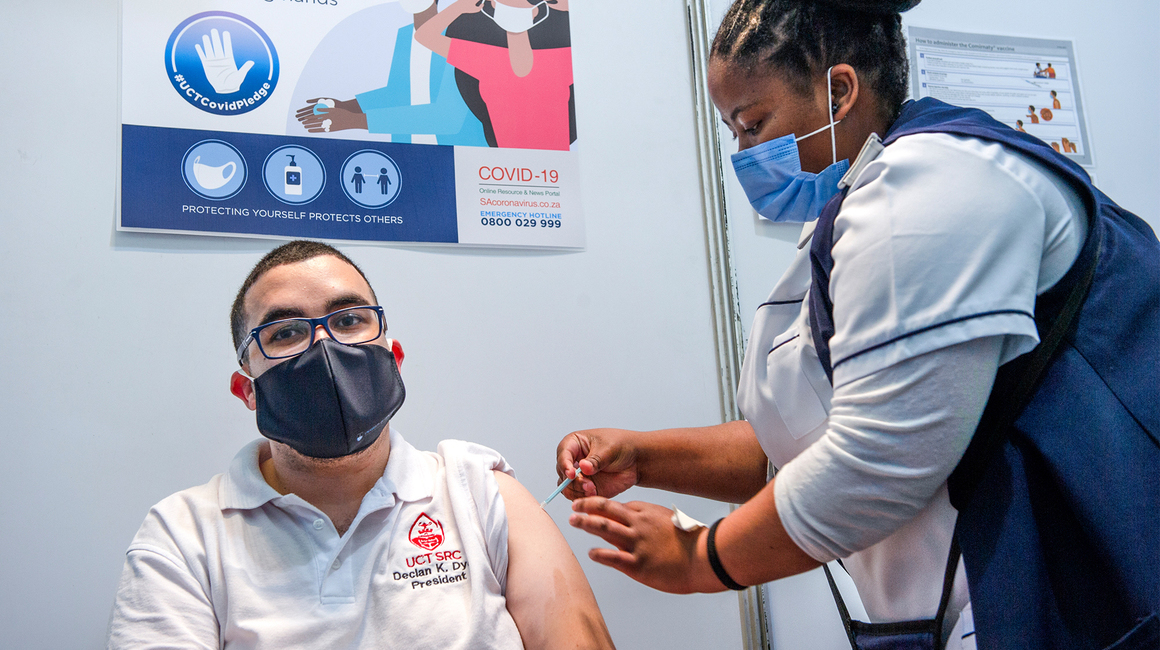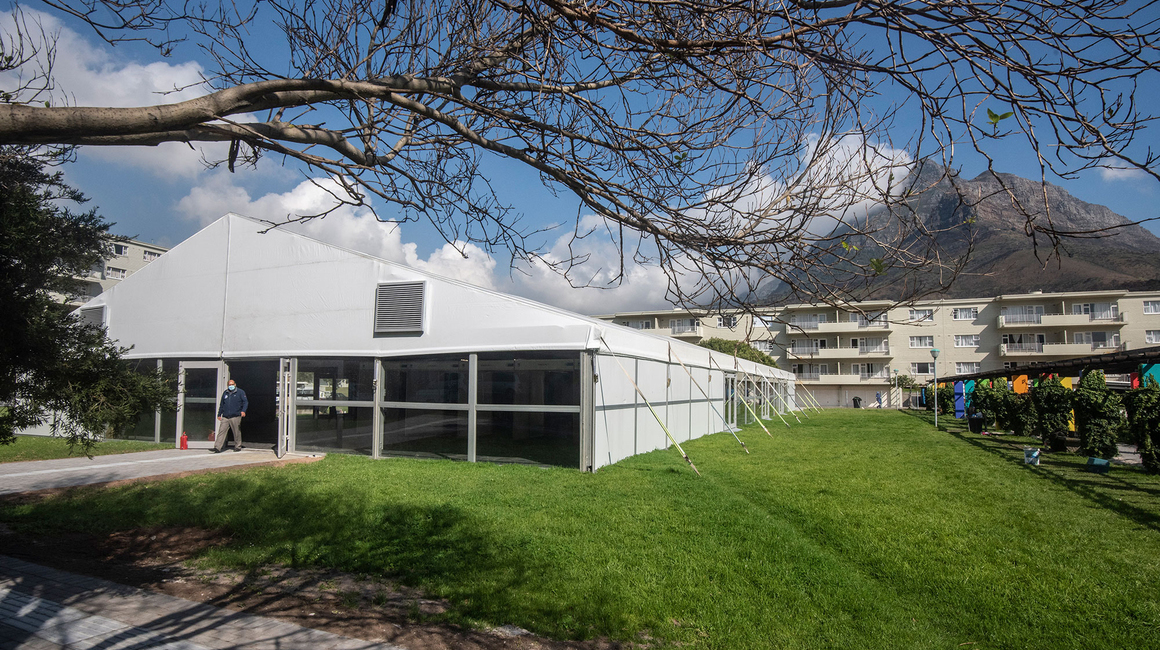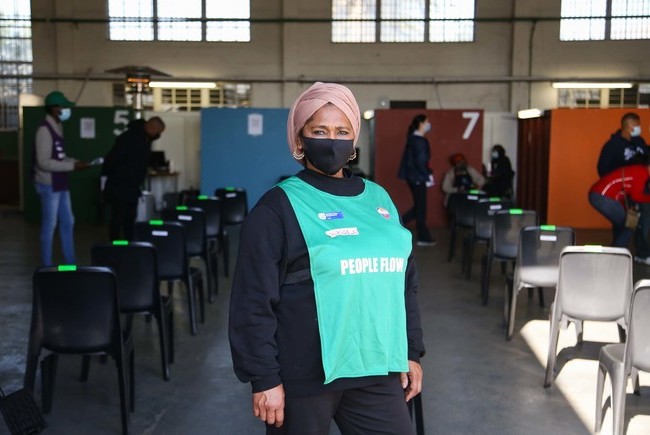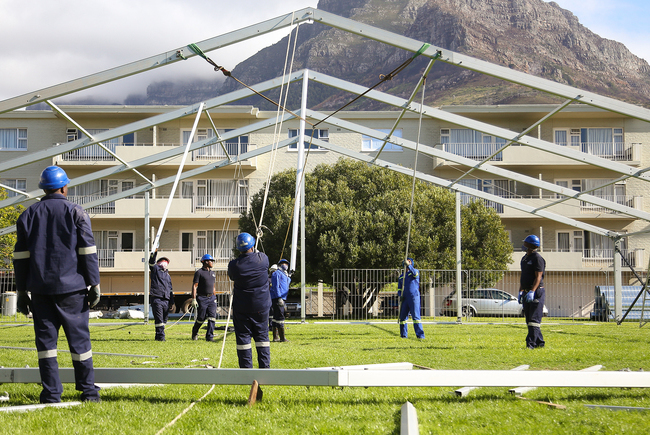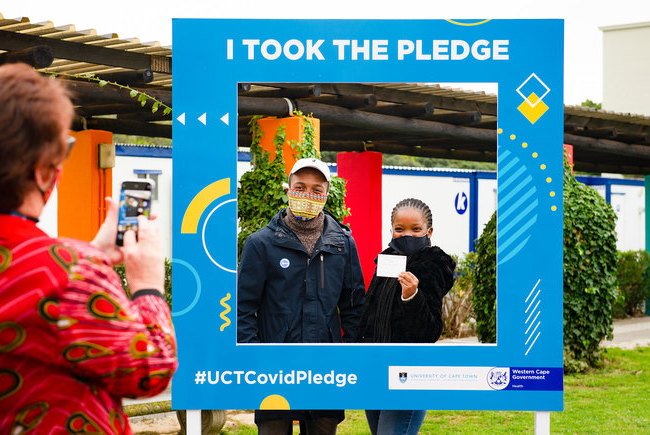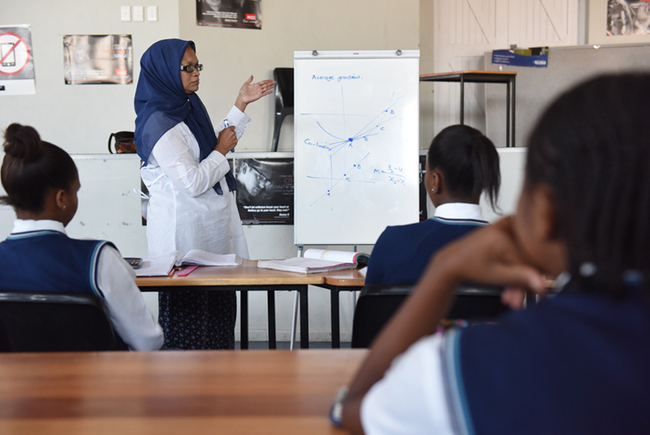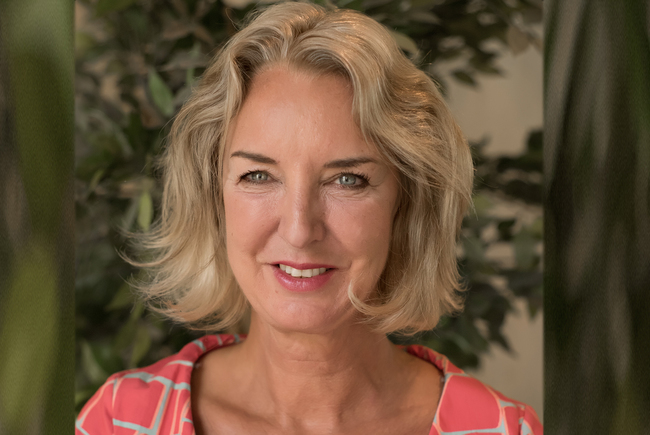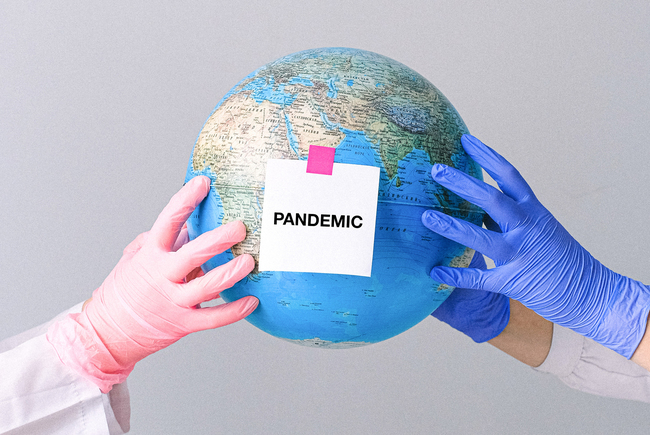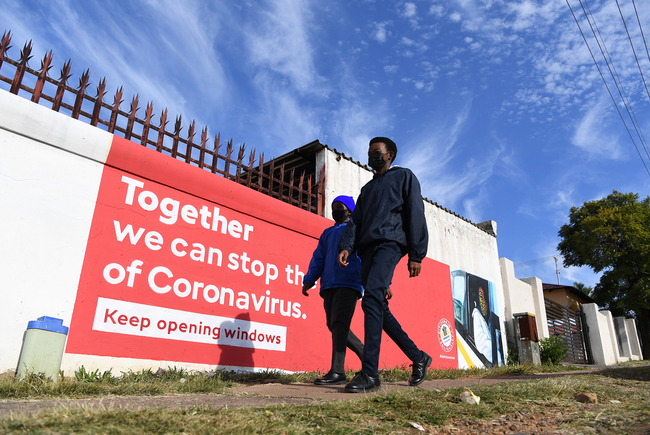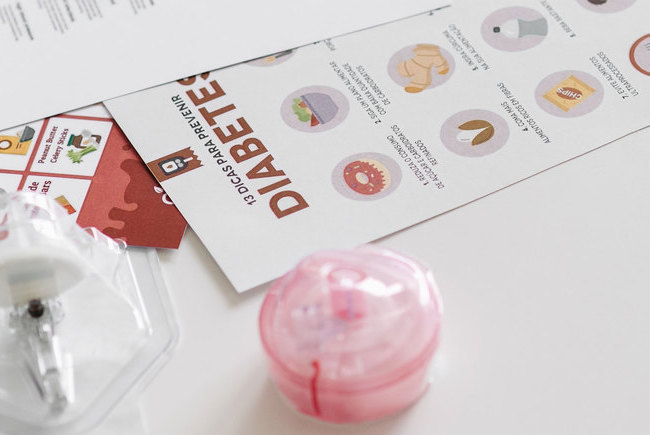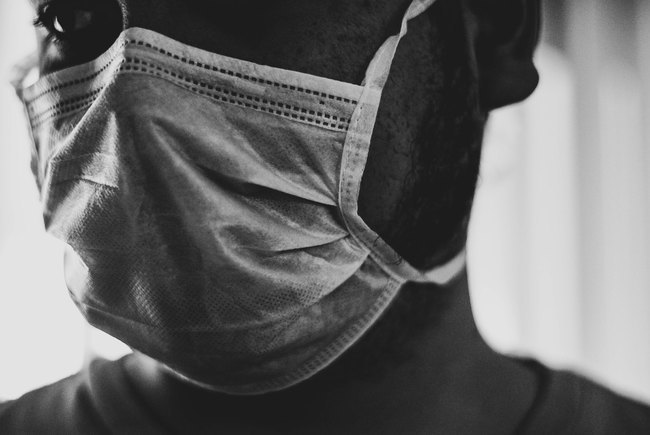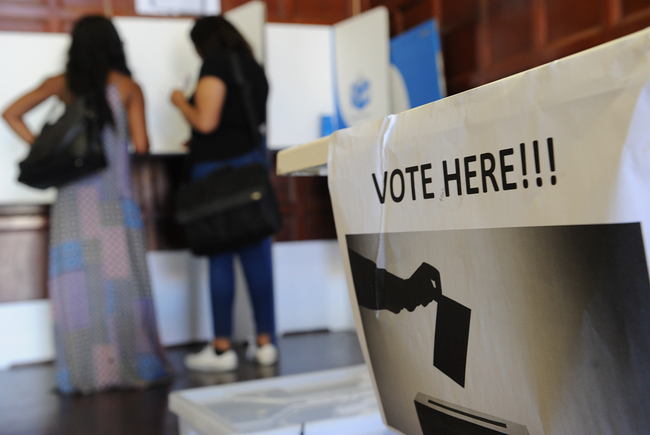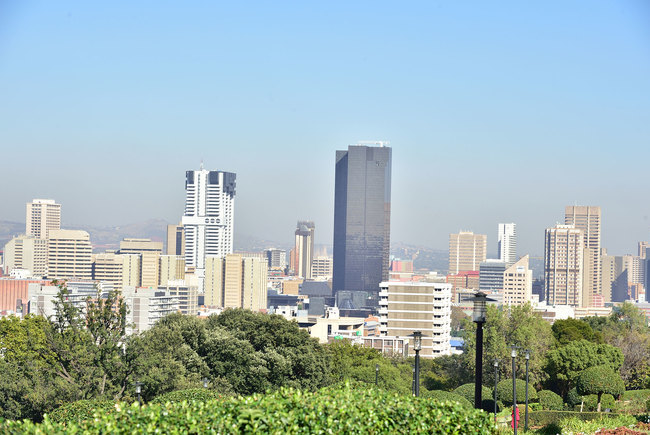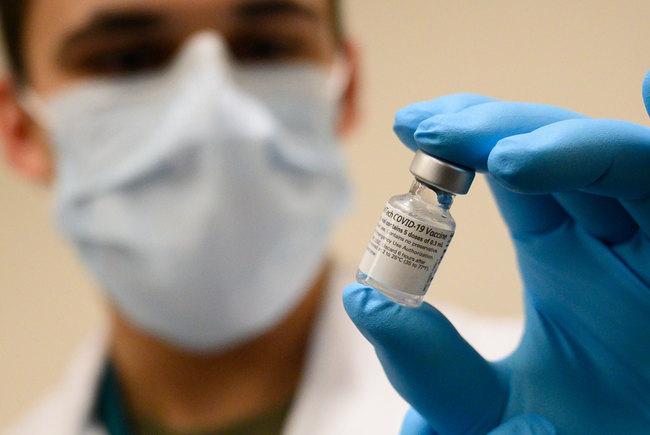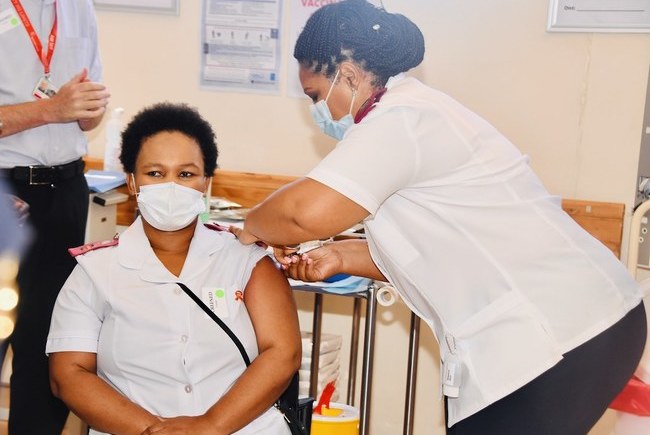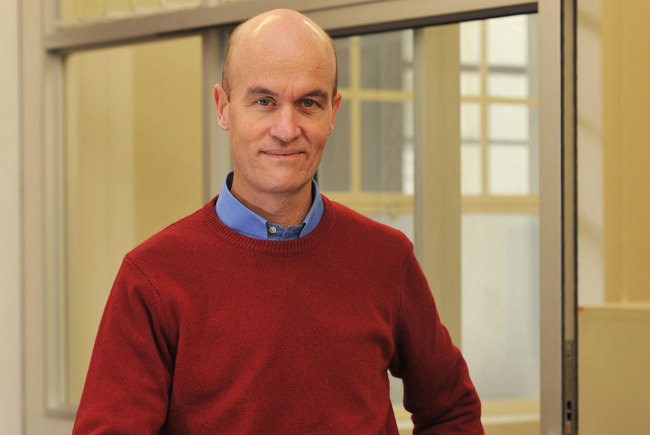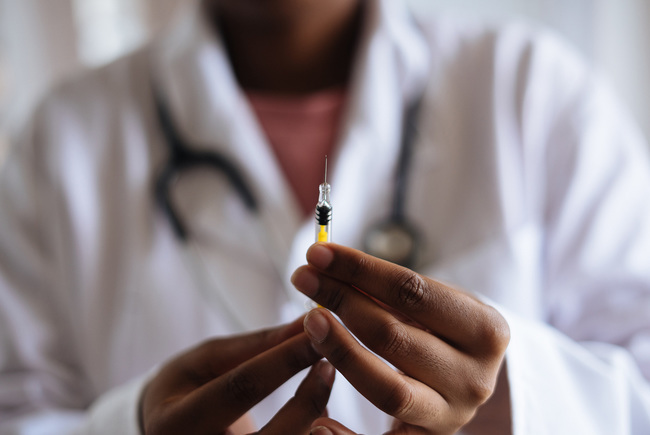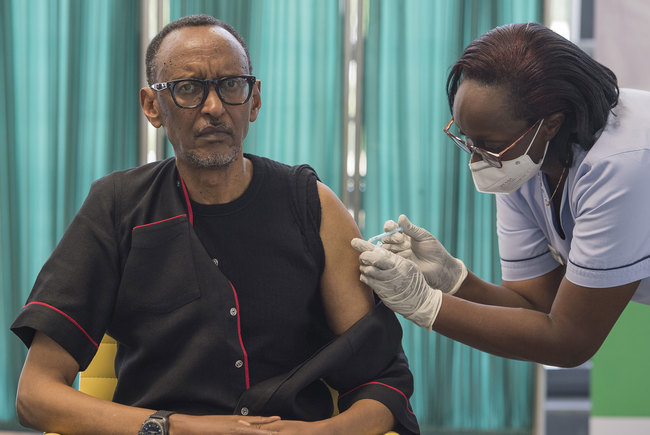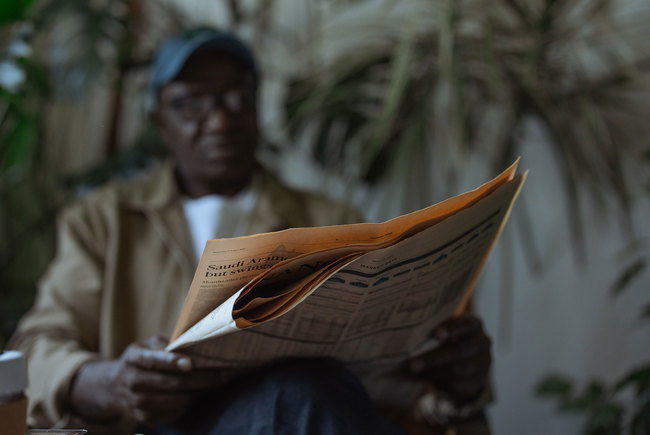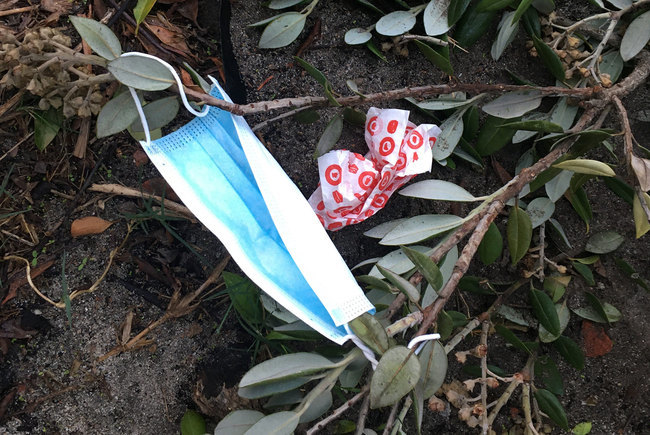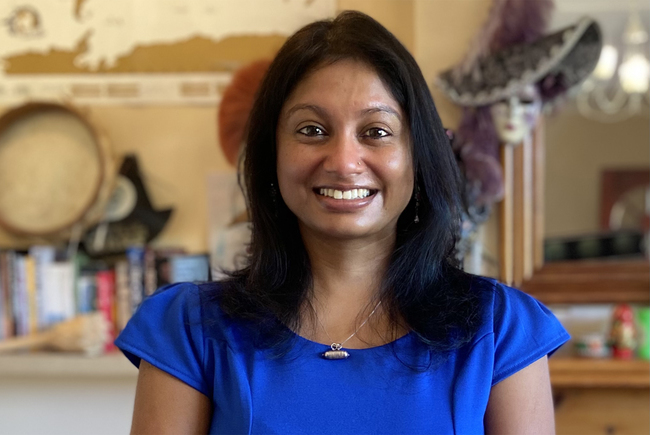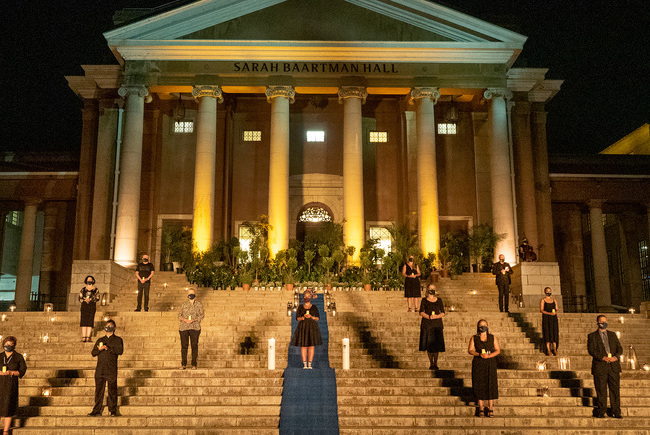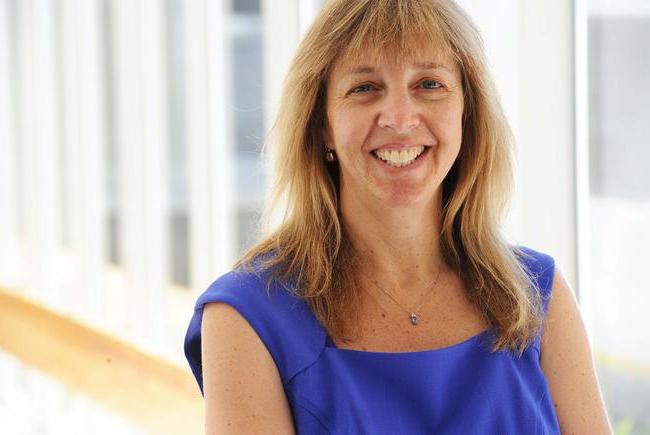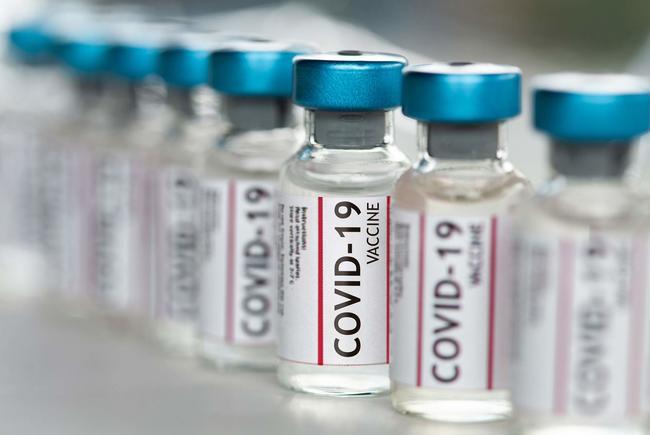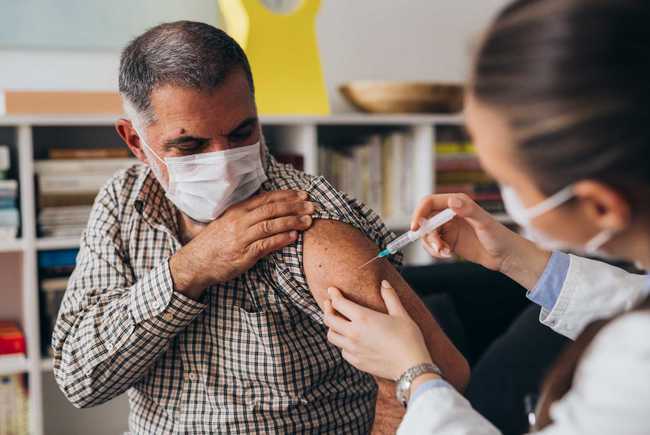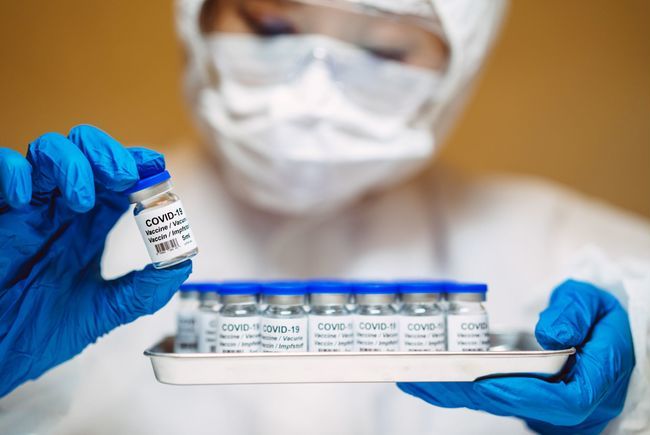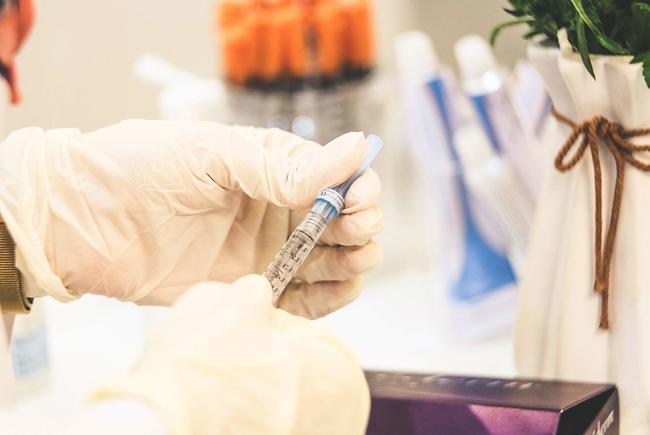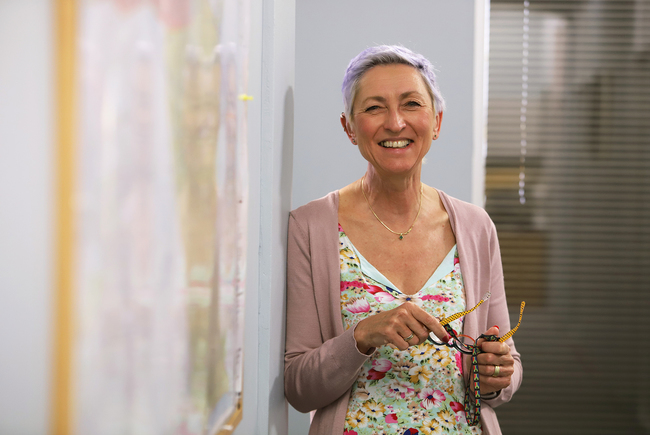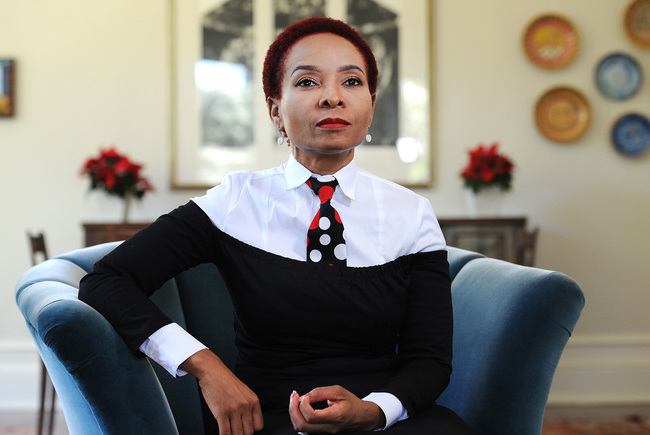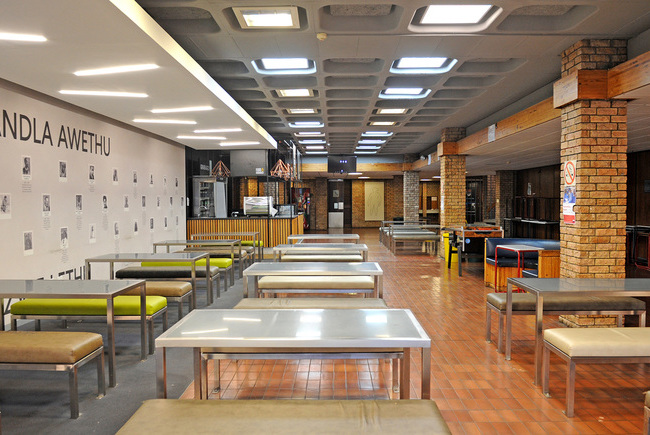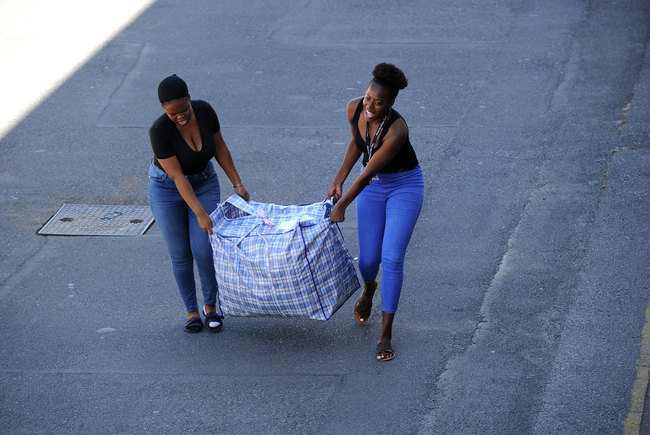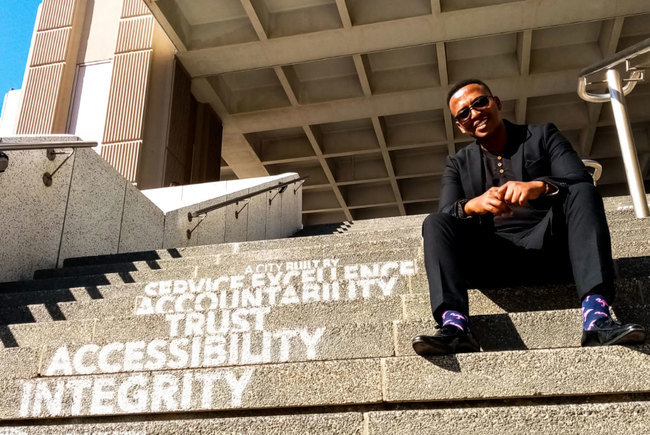Lessons from the Aids response for COVID-19 vaccinations
25 May 2021 | Story Nicoli Nattrass. Photo Gage Skidmore / flickr. Read time 6 min.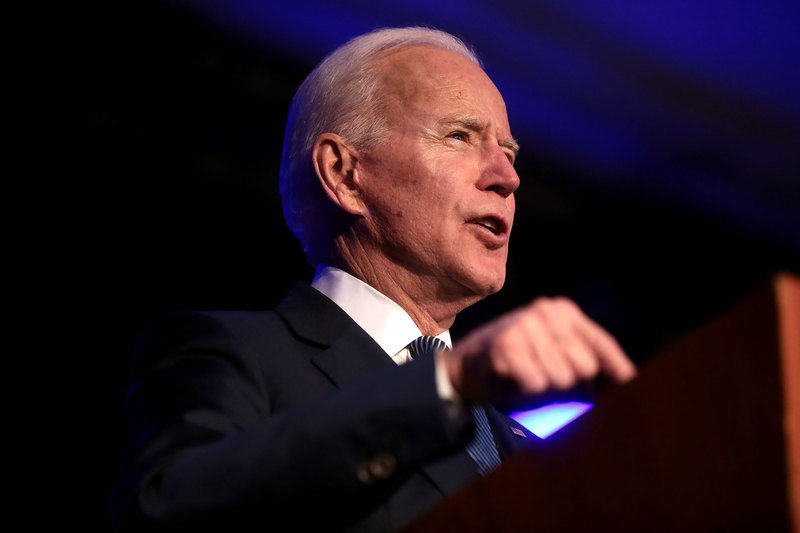
Patent waivers are not enough to solve the global problem with vaccine production and distribution; far bolder initiatives and international leadership are required to solve the global problem with vaccine production and distribution, writes Professor Nicoli Natrass from the University of Cape Town's School of Economics.
For many Aids activists, the contestation over relaxing vaccine patents is a depressing rehash of the battle for antiretroviral treatment.
As Gregg Gonsalves and Fatima Hassan recently pointed out, claims that developing countries cannot produce sophisticated drugs were false during the Aids epidemic and remain untrue today. Indeed, a recent vaccine summit heard evidence that manufacturers in Pakistan, Bangladesh, South Africa, Senegal and Indonesia could produce Covid-19 vaccines if they were able to access patented formulas and related know-how.
Many Aids activists still working to promote global health have joined leading scientists and political figures (see this open letter) to support a proposal by India and South Africa that Covid-related patents be waived during the pandemic. Their activism, as in the past, is bearing fruit. Recently, US President Joe Biden swung around behind the proposed waiver, and the US has started donating vaccines to other countries.
This is an important step, but more needs to be done. During the Aids epidemic, President George W Bush launched the President’s Emergency Fund for Aids Relief (Pepfar) which was a game-changer in mobilising international resources and building capacity in developing countries. Biden needs to show similar international leadership on Covid-19 vaccines.
The pharmaceutical industry argues that patent protection is required to guarantee the profits necessary for continued drug development. Profits can obviously incentivise new drug discoveries, yet historically, vaccine development has not been a priority for the industry because chronic medication was always more profitable. It thus took substantial public funding and partnerships with universities to develop Covid-19 vaccines.
Under such circumstances, the moral and political argument for treating these discoveries as public, and for donating them to the World Health Organization’s Covid-19 technology access pool, is strong. Unfortunately, the urge to profit is also strong, and the access pool remains dry.
When Oxford University developed its vaccine, it promised to share its intellectual property, but just a few weeks later it signed an exclusive deal with AstraZeneca. The company is not earning royalties during the pandemic and is donating vaccines to poorer countries and apparently selling the vaccine at cost — but as critics point out, it (and Oxford University) stands to gain later, including through the sale of booster shots.
A patent waiver — and even the threat of a waiver — could help boost global supplies by encouraging pharmaceutical companies to produce more for the international market, and to offer voluntary licences and related technological support to partners in developing countries. This happened during the Aids epidemic, especially after Brazil and India started manufacturing generic (non-patented) versions of antiretroviral treatment. These generic drugs formed the backbone of antiretroviral rollouts in South Africa and across the developing world.
Yet in the late 1990s and early 2000s, it was relatively easy for Brazilian and Indian scientists (with government support) to manufacture generic antiretrovirals. Modern vaccine production is substantially more complex, especially those like Moderna and Pfizer that use messenger RNA. Moderna has already said it would not enforce its patent, presumably secure in the knowledge that potential competitors face significant technological barriers even in the absence of patent protection.
Producing the Pfizer vaccine also requires substantial technological know-how and intricate supply chain coordination. According to a Pfizer spokesperson, the company’s vaccine requires 280 components from 86 suppliers in 19 countries. Overcoming such logistical challenges (and negotiating the thicket of patents on key ingredients) is a tall order for any firm, whether in a developed or developing country.
Even Johnson & Johnson’s more traditional adenovirus-based vaccine, which is less complicated to produce and manage, requires substantial transfer of know-how as well as patents. Biolyse Pharma, a Canadian company that focuses on cancer drugs, announced that it could produce 15 million doses of the Johnson & Johnson vaccine for Bolivia in a matter of months if it was provided with technological know-how, but that without such support, it would take more than a year, and require a new clinical trial.
An Indian manufacturer, Bharat Biotech, in partnership with the public sector, has developed and is manufacturing, a different kind of vaccine — an inactivated coronavirus vaccine called Covaxin. This rests on older approaches to vaccine production, requires fewer inputs, but still needs high-tech facilities to deal with the biohazards involved in creating stocks of coronavirus. There are only a handful of Indian facilities capable of doing this, which shows that even with this technology, domestic capacity constraints are very real.
Domestic constraints are even more likely in South Africa, which has had no capacity to produce vaccines for twenty years. A patent waiver (or threatened waiver) will probably enable South Africa to import more vaccines if global production increases. But, as is becoming clearer each day, South Africa may have a bigger bottleneck with the logistics of actually vaccinating people, than getting vaccines into the country.
Patent waivers are useful but on their own will not solve our global problem with vaccine production and distribution. Far bolder initiatives and international leadership are required — especially from the US.
A recent New York Times editorial called on President Biden to “vaccinate the world” by boosting vaccine production in the US and supporting groups like Gavi, the Vaccine Alliance — an Aids-era initiative that provides discounted vaccines. It also called for more meaningful transfer of technology to other countries.
As the pandemic has taught us over the past year, vaccine nationalism is at best a short-term solution for the advanced capitalist countries. Leaving large parts of the world unvaccinated simply creates opportunities for further escape mutations to arise and spread around the world. To fight Covid-19 successfully, all countries need to be able to monitor local variants and to be assisted through global collaborations to design and produce appropriately targeted vaccines and booster shots.
This will require US funding and a new Pepfar-like global political initiative. President Bush defended Pepfar on moral grounds as the right thing to do. President Biden can also portray the new initiative as morally justifiable, but his position will be easier politically as it is also self-evidently expedient for the US to create strong capacity to respond to Covid-19 around the world.
UCT’s response to COVID-19 in 2021
COVID-19 is a global pandemic that caused President Cyril Ramaphosa to declare a national disaster in South Africa on 15 March 2020 and to implement a national lockdown from 26 March 2020.
UCT is taking the threat of infection in our university community extremely seriously, and this page will be updated regularly with the latest COVID-19 information. Please note that the information on this page is subject to change depending on current lockdown regulations.
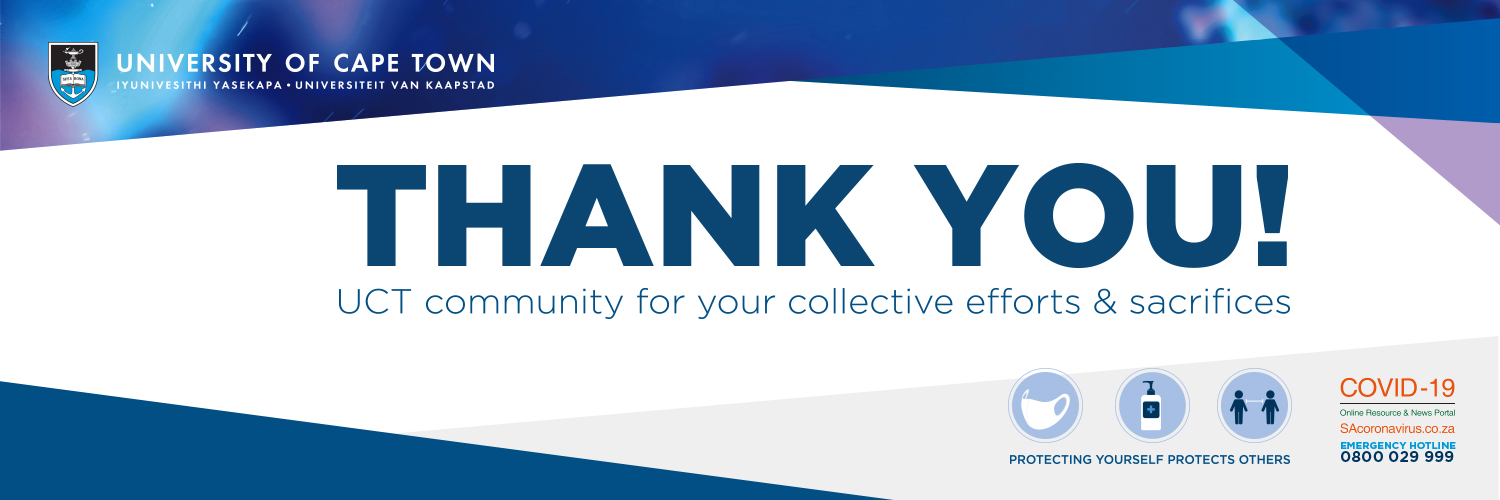
Global Citizen Asks: Are COVID-19 Vaccines Safe & Effective?
UCT’s Institute of Infectious Disease and Molecular Medicine (IDM) collaborated with Global Citizen, speaking to trusted experts to dispel vaccine misinformation.
If you have further questions about the COVID-19 vaccine check out the FAQ produced by the Desmond Tutu Health Foundation (DTHF). The DTHF has developed a dedicated chat function where you can ask your vaccine-related questions on the bottom right hand corner of the website.
IDM YouTube channel | IDM website
UCT Community of Hope Vaccination Centre
The University of Cape Town in partnership with the Western Cape Government (WCG) have reinforced our commitment to bringing hope to the residents of the Mother City with the launch of the world‑class Community of Hope Vaccination Centre that opened its doors on Monday, 30 August 2021.
The site is located on Main Road in Mowbray – in the Forest Hill Residence – and access is from Broad Street. The site is open every Monday to Friday from 08:00 to 15:00 and on Saturday from 09:00 to 13:00. Please allow time for attending to COVID-19 protocols and arrive as early as possible at the vaccination centre.
Frequently asked questions
News and views
Campus communications
2021
Media releases
Read more
UCT statements related to COVID-19 vaccinations
This is a space created for all formal bodies and structures within the university community to share their opinions on the need for a mandatory COVID-19 vaccine policy. Please note that some editorial judgement may be applied if the received statements go against any constitutional rights, and that no correspondence will be entered into, statements will be posted unedited and as received. Statements can be sent to opinions@uct.ac.za.
Commemorating a year of COVID-19
At midnight on 26 March 2020, South Africa went into the first nationwide hard lockdown. A year later, we remember those who have died and those who have been affected by COVID-19, as well as the pandemic’s effects across society and campus. We are especially grateful for the front-line health workers who have done so much for so many.
#UCTCOVIDPledge – social media elements
Customised Facebook frames and Instagram stickers are now available on those social media platforms. Watch the tutorial videos here to see how easily you can show your support for the #UCTCOVIDPledge.
In an email to the UCT community, Vice-Chancellor Professor Mamokgethi Phakeng said:
“COVID-19, caused by the virus SARS-CoV-2, is a rapidly changing epidemic. [...] Information [...] will be updated as and when new information becomes available.”
We are continuing to monitor the situation and we will be updating the UCT community regularly – as and when there are further updates. If you are concerned or need more information, students can contact the Student Wellness Service on 021 650 5620 or 021 650 1271 (after hours), while staff can contact 021 650 5685.

















